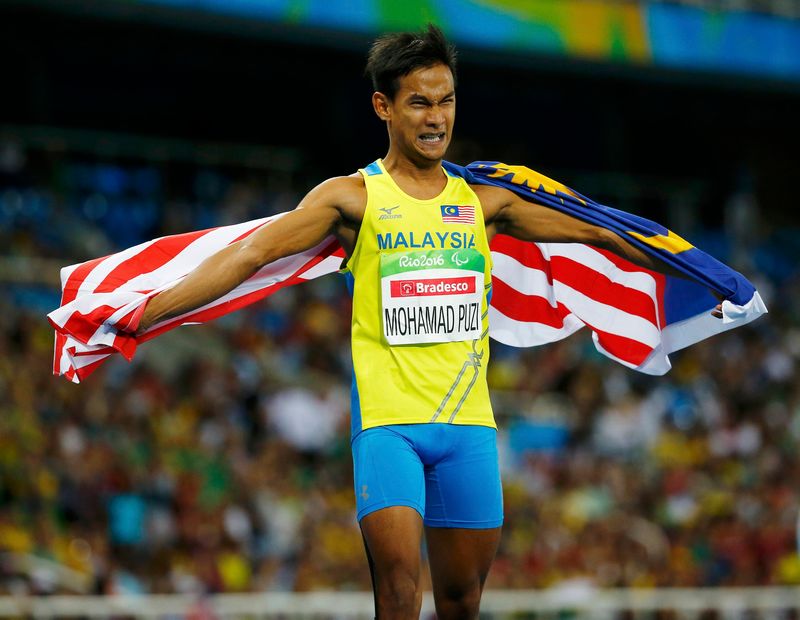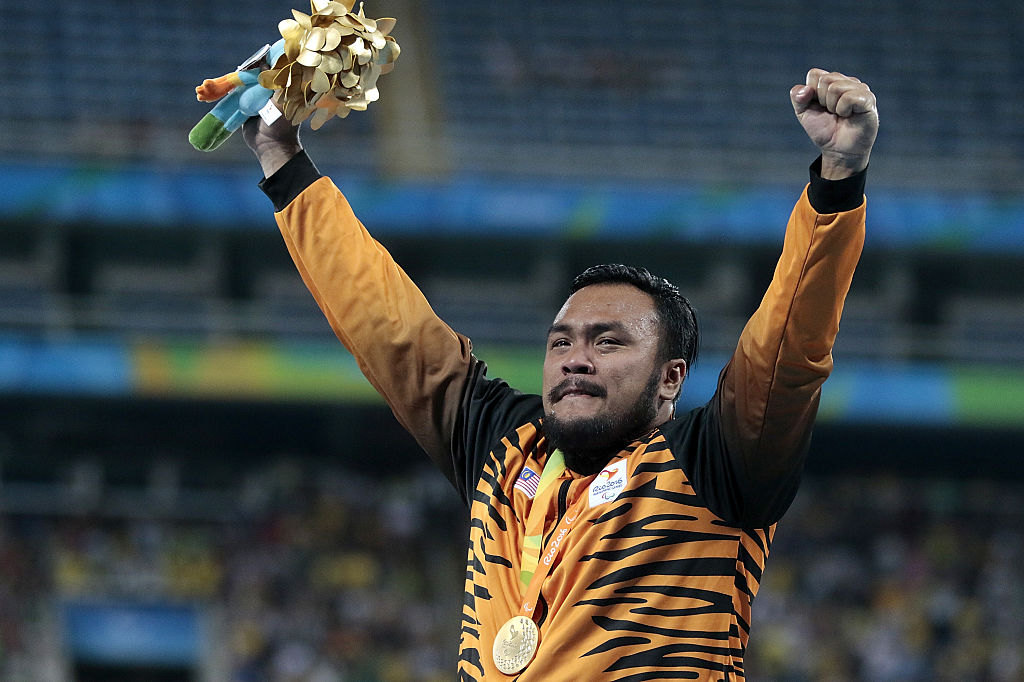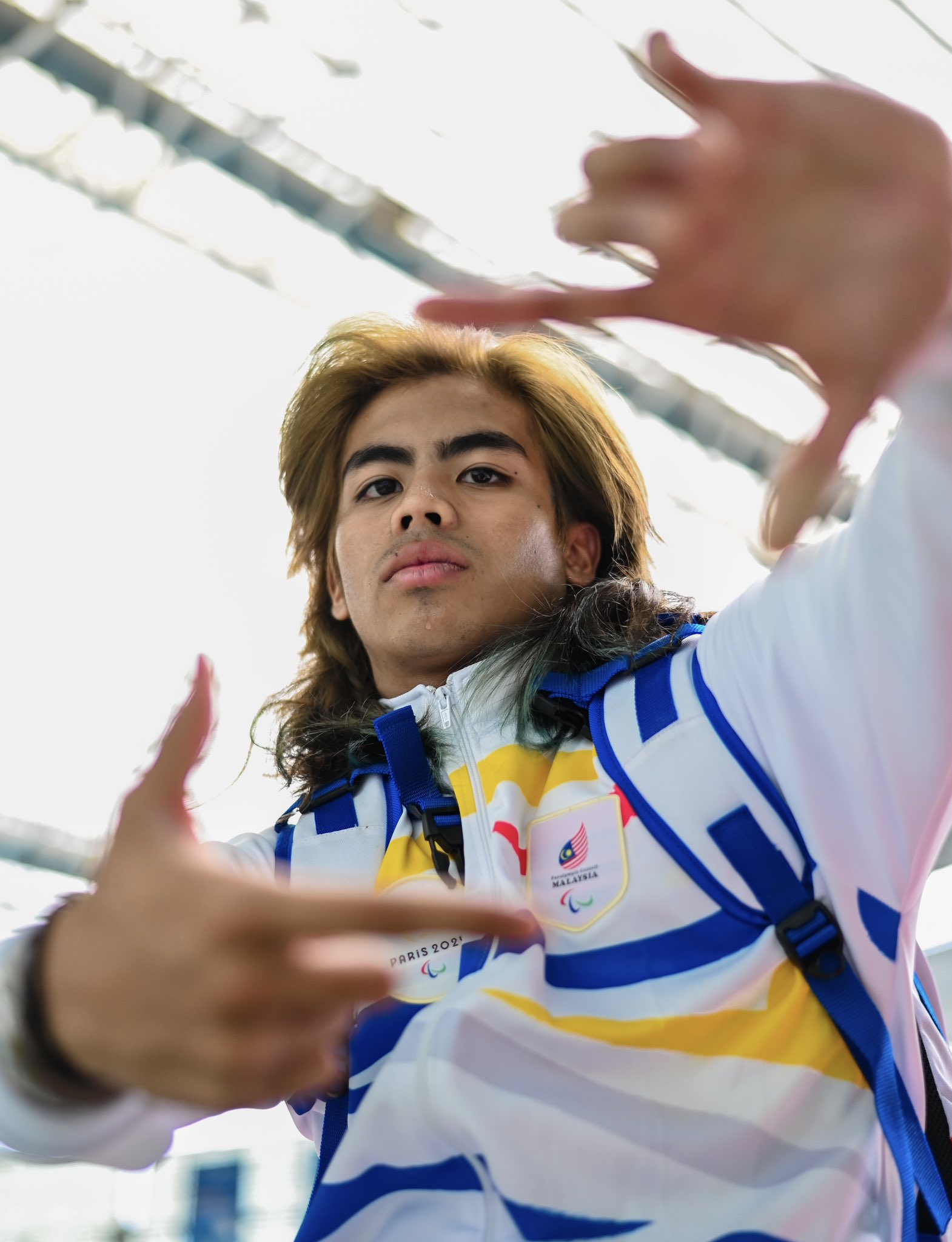Here's What It Actually Means When A Malaysian Paralympian Has Intellectual Impairment
Intellectual impairment is one of the several eligible conditions for participation in the Paralympics.
While the Olympics are over, the Paralympic Games in Paris are set to begin on 28 August and will run until 8 September
If you're not familiar with the Paralympic Games, they are an international multi-sport event for athletes with disabilities, held every four years following the Olympics.
The games feature a range of sports adapted to different types of disabilities and are organised by the International Paralympic Committee (IPC).
The goal of the event is to promote a more inclusive and accessible world through sports.
Mohamad Ridzuan Mohamad Puzi is a Paralympian with cerebral palsy who won the gold medal in the 100m event at the Rio 2016 Olympics.
Image via ReutersAthletes competing in the Paralympics are categorised based on their impairments, which include physical, visual, and intellectual disabilities:
1. Physical impairments: These affect a person's mobility or physical functioning and can include conditions like amputations, cerebral palsy, spinal cord injuries, or muscular dystrophy. Athletes may use prosthetics, wheelchairs, or other adaptive devices.
2. Visual impairments: These involve conditions that affect sight, ranging from partial vision loss to complete blindness. Athletes might use guide dogs, braille materials, or have guides to help them. Sports are adapted to accommodate different levels of visual ability.
But what does intellectual impairments mean?
Malaysian Paralympic athlete Muhammad Ziyad Zolkefli, who competes in shot put events, has an intellectual impairment that was identified in pre-school.
Image via International Paralympics CommitteeThis category includes conditions that affect cognitive functions such as learning, reasoning, and problem-solving, including developmental disabilities like Down syndrome.
Athletes with intellectual impairments might face challenges with understanding rules or strategies but can excel in sports adapted to their needs.
According to the IPC, athletes with intellectual impairments must have a restriction in intellectual functioning and adaptive behaviour affecting conceptual, social, and practical skills, with the impairment present before age 18.
Paralympians competing this year with intellectual impairments include Muhammad Ziyad Zolkefli (men's shot put) and Muhammad Imaan Aiman (swimming).
The upcoming Paralympic Games in Paris will not only spotlight the incredible athleticism of individuals with disabilities but also highlight the importance of inclusivity in sports
From physical and visual impairments to intellectual challenges, these athletes demonstrate that perseverance and skill can overcome barriers.
As the world watches, the Paralympics will remind us that sports are for everyone, and every achievement deserves to be celebrated.


